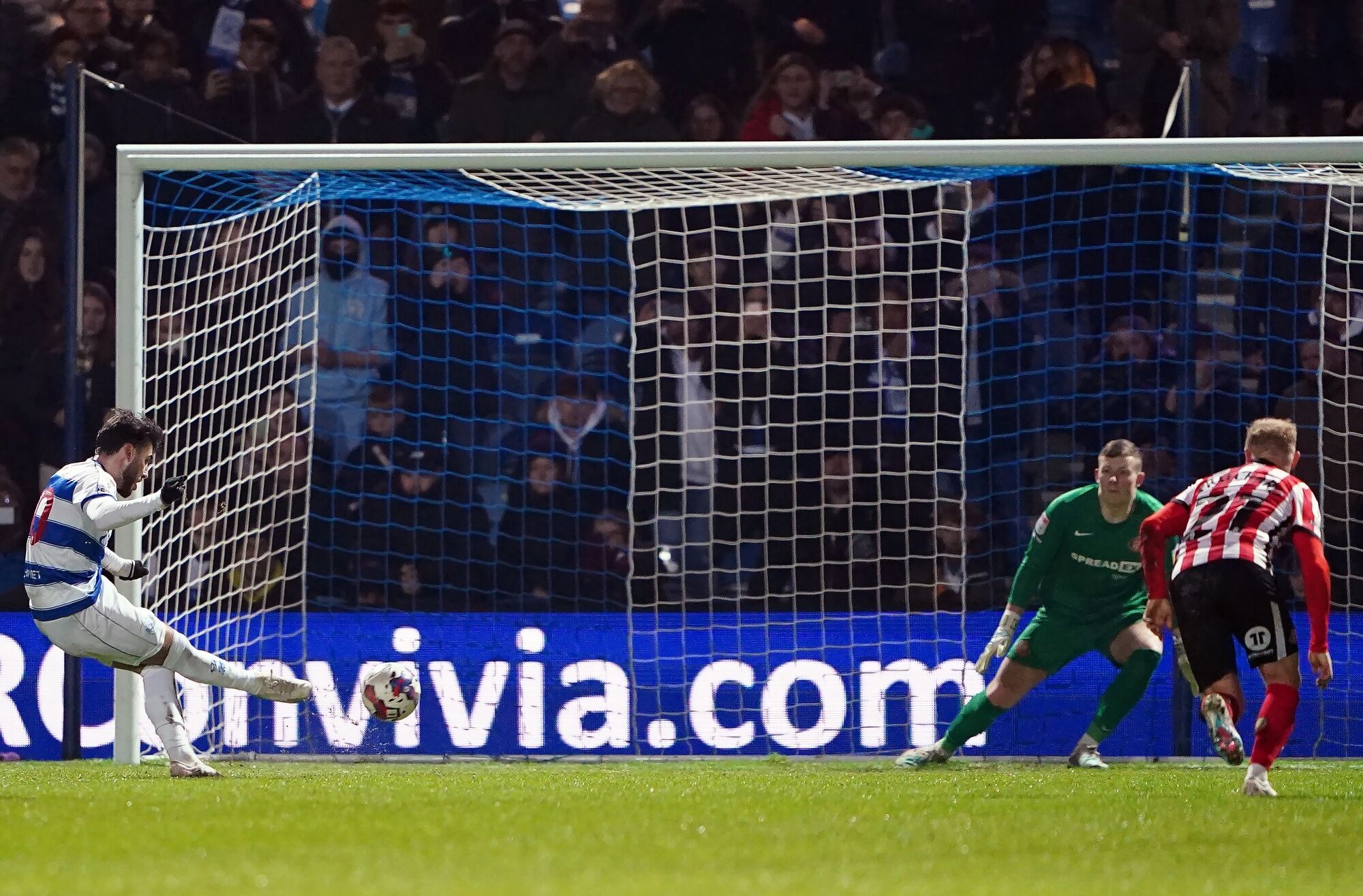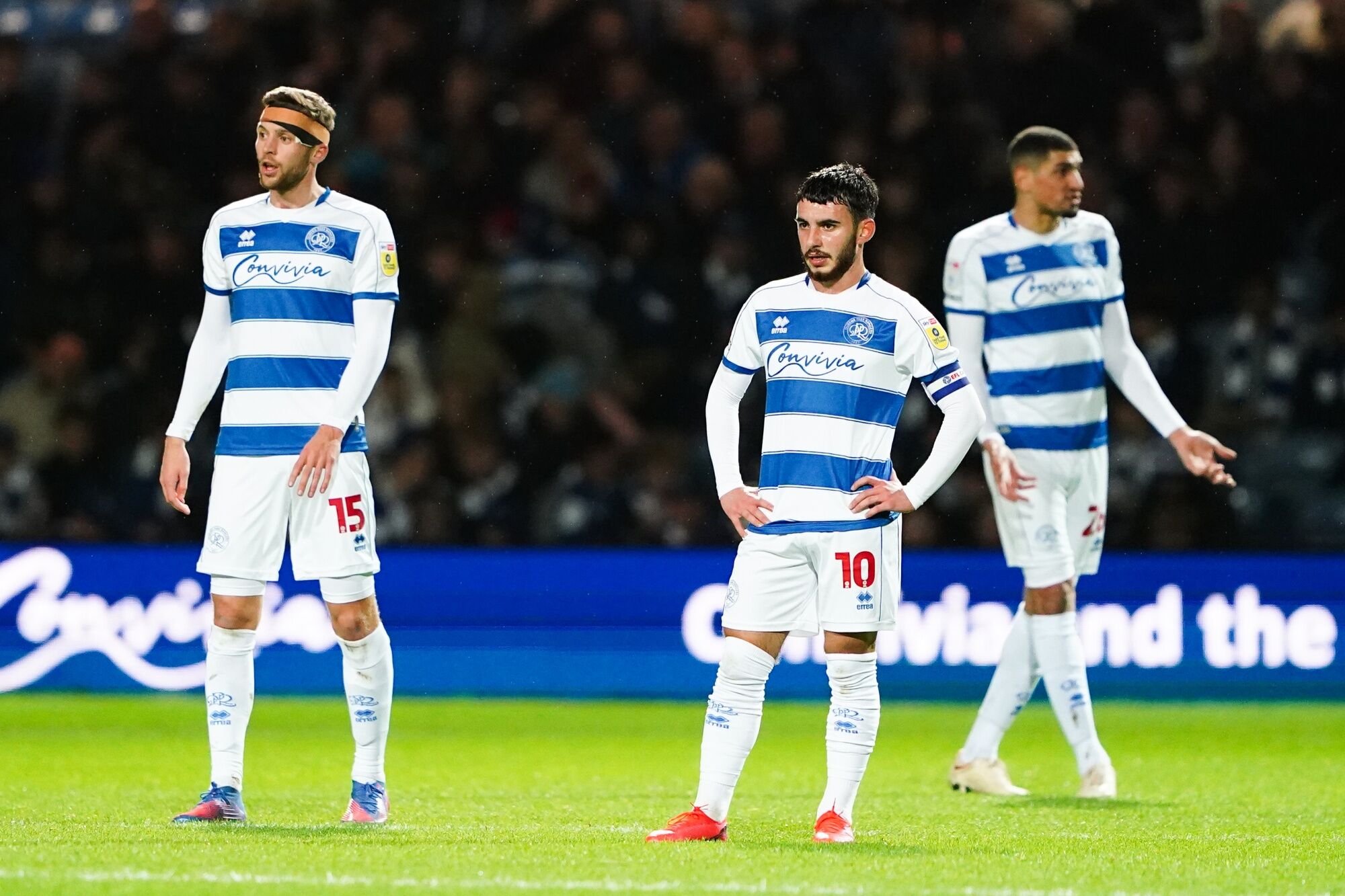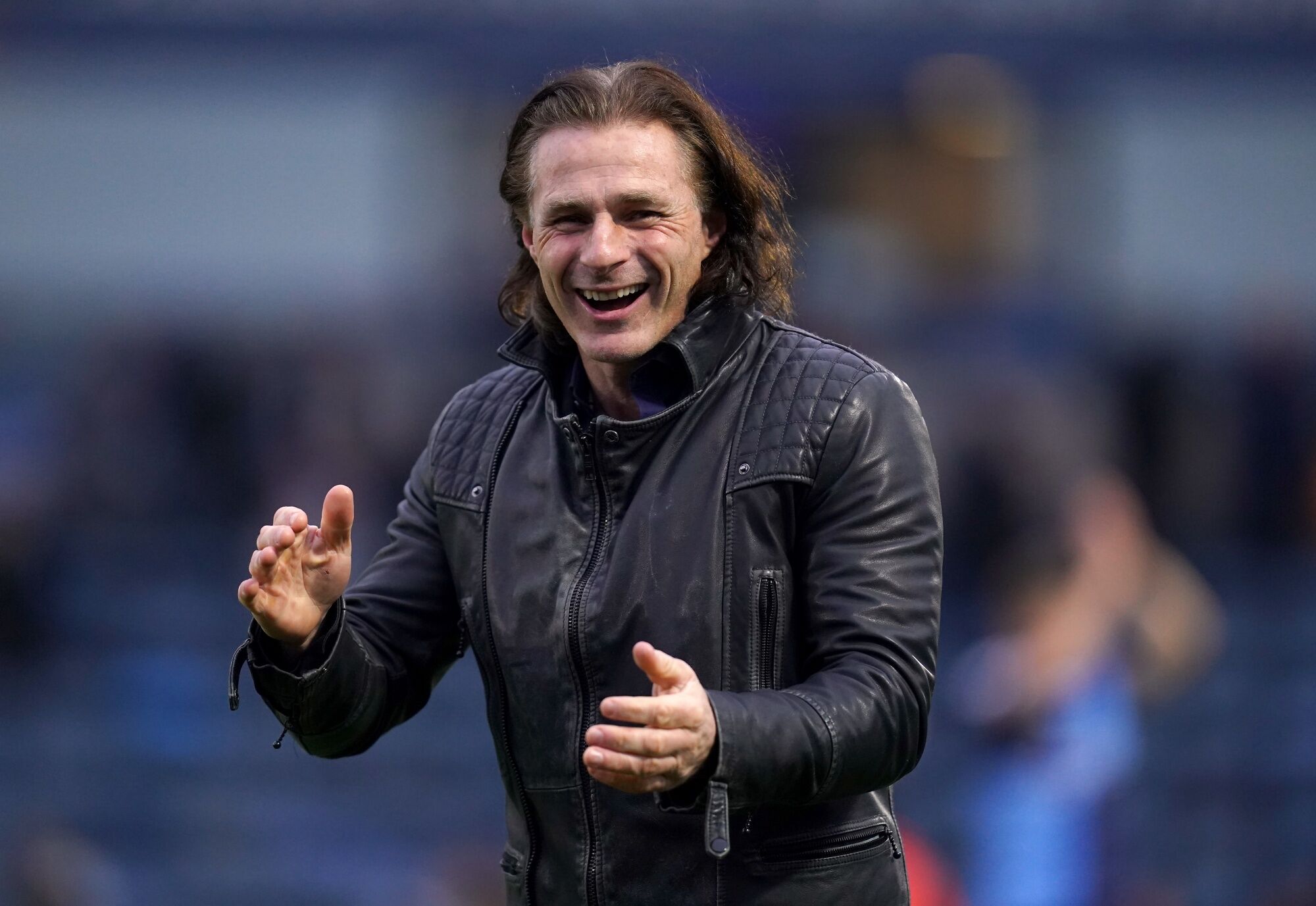There’s no real way to sugarcoat it: Neil Critchley’s time at Loftus Road was abysmal, departing QPR following a mid-season appointment replacing Michael Beale.
The 44-year-old managed one win in his twelve games, leading the Hoops to a shocking record which saw them draw five and lose six, resulting in just eight points being collected.
Couple this with a goal record that saw them outscored 21 to nine, it’s clear change was needed to salvage what’s left of this campaign.
Yet while it is easy to point the finger at Critchley, the reality is some of the blame has to be shouldered by QPR’s hierarchy as well as the players looking at themselves and acknowledging their own on-field failures too.
Critchley questioned the mentality of his players at times, although in the latter parts of his short tenure claimed they looked much better and was even complimentary towards his team’s performance in the heavy home defeat to Sunderland.
“We took the game to Sunderland in the first twenty minutes, and then they came back and it was an even game… We played with energy, we were on the front foot,” Critchley claimed post-match.

Yet, despite a relatively even game, QPR still limped to a 3-0 home defeat with Ilias Chair having an important penalty saved at 1-0 to gift momentum back to Sunderland who subsequently ran away with the victory.
It was moments like these where Critchley demanded improvements from front to back, stating on numerous occasions the Hoops needed “to improve both on the ball and off it” to ensure results would come.
But those improvements never came with QPR consistently allowing sloppy goals in at one end whilst never truly imposing their will or showing potency at the other.
READ MORE: QPR’s January transfer window – Frustratingly low-key month leaves questions unanswered
Against Swansea City in late January, a 1-0 lead could have been at least two or three, but poor finishing in front of goal allowed the Swans a chance to grab a late equaliser to hold QPR to yet another draw.
And through it all, it never truly felt like Critchley had a set system or style he was trying to implement, something the players clearly did not respond to.
He admitted he liked to change things up to try and find the right combination, saying: “You try to find something that sparks you into life. A change in personnel, a tweak in formation, just something the players will take to.”

Despite all the clear issues with Critchley’s reign at QPR, one always springs to mind – when did a mellow, relatively soft spoken gentleman like Neil Critchley ever look like the right man for the QPR job?
At best, despite being handed a three-and-a-half year deal, Critchley always appeared to be a stop-gap to steady the ship after the sudden departure of Beale.
While Beale’s sudden abandonment of the project he was building was no fault of the Board’s, their fascination with quick-fix, short-term solutions will continue to spell trouble until longer term plans are laid out and followed through.
With five first team regulars signed on loan deals, the issues don’t lie solely within their managerial appointments.
When the Hoops lose the likes of loanees Ethan Laird, Tim Iroegbunham and Jamal Lowe in the summer, will enough quality be left in the side to show improvement on what has quickly become another lost season?
However, the appointment of former player Gareth Ainsworth feels anything but a simple stop-gap, bringing a new lease of life to QPR.

The 49-year-old joins after spending over a decade in charge of Wycombe Wanderers, demonstrating a sense of loyalty as well as know-how in creating continuity at a club that so desperately needs it.
Between his rock-star looks and domineering personality, the new boss appears to be a good fit to fix the short-term outlook the club have adopted as well as instilling a killer mentality amongst his new players.
READ MORE: Kevin Gallen on boyhood dreams coming true and breaking QPR records
The concern will be that he will be expected to produce minor miracles on par with those at Wycombe, often defying the odds on a shoe-string budget to mix it with clubs much bigger in stature and financial strength than the Chairboys.
This cannot be the attitude from the QPR hierarchy with measured and assured investment also needed to be provided for a squad that has been patched-up one too many times already.
While only time will tell if Ainsworth does get the backing he needs to ensure a long-term, sustainable and successful Loftus Road reign, for the meantime it surely cannot be near as bad as the ultimate short-termism of the Neil Critchley era.